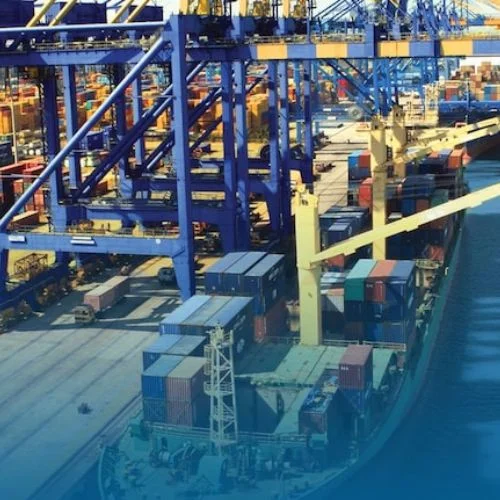Chinese authorities unveiled a plan on Monday that intends to increase the nation’s overall computing power by more than 50% by the year 2025 as Beijing narrows its focus on advances in supercomputing and artificial intelligence.
The plan is being implemented in the midst of intensifying competition between China and the U.S. in a number of high-tech industries, including semiconductors, supercomputers, and artificial intelligence.
The Ministry of Industry and Information Technology (MIIT), one of six Beijing departments that issued the plan, has set a target for China’s total computing power to reach 300 EFLOPS by 2025. A computer’s speed is measured in EFLOPS, or one quintillion floating-point operations per second.
China’s computer power has increased from 180 EFLOPS in 2022 to 197 EFLOPS this year, according to information released by the MIIT in August. The ministry said that it placed China second to the United States in terms of computing power, but it provided no further details.
Beijing is putting more and more emphasis on efforts to increase the availability of computer power since AI training takes a lot of processing.
The top-tier generative AI models in the world “will require tens of EFLOPs of AI supercomputing to maintain training times of several weeks or less,” according to a blog post published by Google last month.
To make it easier for enterprises to acquire computer power, China intends to expand its data centres around the nation.
Beijing also has plans to upgrade the computing infrastructure in western China in order to fulfil the demands of the quickly growing AI industry.
China’s vast but sparsely inhabited provinces, like southwest Guizhou, have long been entrusted with building massive data centres to fuel the nation’s internet. As an illustration, Apple (AAPL.O) has established data centres in Guizhou with a local partner to support its users there.
Enhancing the computer network’s speed and effectiveness is another priority. According to the proposal, key computer facilities must have transmission speeds that allow latency times of greater than 5 milliseconds.
Previously, according to Ray Dalio, founder of Bridgewater Associates, Washington’s limitations on advanced semiconductor exports to China were comparable to the oil embargo it put on Japan prior to the start of the war in 1941.
He stated that “US-China relations are, in a number of areas, on the verge of red lines.” So, to put it another way, these are fundamental disagreements that are about to explode. According to Dalio, one of the many “irreconcilable issues” between the US and China is Taiwan.















